Add to Wishlist
Climate Change and Food Security in Agriculture
Publisher: Alexis Press LLC
$135.00
ISBN 13: 979-8-89143-047-1
YEAR: 2024
eBOOK
Instant Delivery
SKU:
ALX-AG-047-1
Category:
Agriculture
Additional information
| Access Type | Download eBook, Read Only |
|---|
Be the first to review “Climate Change and Food Security in Agriculture” Cancel reply
You must be logged in to post a review.
Purchase now to read the book online.
Select optionsRelated products
Agricultural Resources
By Nicky Harvey
$135.00
Agricultural resources means the land and on-farm buildings, equipment, manure processing and handling facilities, and processing and handling facilities that contribute to the production, preparation, and marketing of crops, livestock, and livestock products as a commercial enterprise, including a commercial horse boarding operation, a timber operation, compost, mulch or other biomass crops, and commercial equine operation.
Agricultural Resources
By Nicky Harvey
$135.00
Agricultural resources means the land and on-farm buildings, equipment, manure processing and handling facilities, and processing and handling facilities that contribute to the production, preparation, and marketing of crops, livestock, and livestock products as a commercial enterprise, including a commercial horse boarding operation, a timber operation, compost, mulch or other biomass crops, and commercial equine operation.
Green Revolution
By Rene Holland
$135.00
Green Revolution, the great increase in the production of food grains that resulted in large part from the introduction into developing countries of new, high-yielding varieties, beginning in the mid-20th century. Its early dramatic successes were in Mexico and the Indian subcontinent. The new varieties require large amounts of chemical fertilizers and pesticides to produce their high yields, raising concerns about cost and potentially harmful environmental effects. Poor farmers, unable to afford the fertilizers and pesticides, have often reaped even lower yields with these grains than with the older strains, which were better adapted to local conditions and had some resistance to pests and diseases.
Green Revolution
By Rene Holland
$135.00
Green Revolution, the great increase in the production of food grains that resulted in large part from the introduction into developing countries of new, high-yielding varieties, beginning in the mid-20th century. Its early dramatic successes were in Mexico and the Indian subcontinent. The new varieties require large amounts of chemical fertilizers and pesticides to produce their high yields, raising concerns about cost and potentially harmful environmental effects. Poor farmers, unable to afford the fertilizers and pesticides, have often reaped even lower yields with these grains than with the older strains, which were better adapted to local conditions and had some resistance to pests and diseases.
Agricultural Technology
$135.00
A major turning point for agricultural technology is the Industrial Revolution, which introduced agricultural machinery to mechanize the labor of agriculture, greatly increasing farm worker productivity. In modern mechanized agriculture powered machinery has replaced many farm jobs formerly carried out by manual labor or by working animals such as oxen, horses, and mules. Advances in the 19th century included the development of modern weather forecasting and the invention of barbed wire. Improvements to portable engines and threshing machines led to their widespread adoption.
Agricultural Technology
$135.00
A major turning point for agricultural technology is the Industrial Revolution, which introduced agricultural machinery to mechanize the labor of agriculture, greatly increasing farm worker productivity. In modern mechanized agriculture powered machinery has replaced many farm jobs formerly carried out by manual labor or by working animals such as oxen, horses, and mules. Advances in the 19th century included the development of modern weather forecasting and the invention of barbed wire. Improvements to portable engines and threshing machines led to their widespread adoption.
Agriculture And The Environment
By Aaren Castro
$135.00
The environmental impact of agriculture is the effect that different farming practices have on the ecosystems around them, and how those effects can be traced back to those practices. The environmental impact of agriculture varies widely based on practices employed by farmers and by the scale of the practice. Farming communities that try to reduce environmental impacts by modifying their practices will adopt sustainable agriculture practices. The negative impact of agriculture is an old issue that remains a concern even as experts design innovative means to reduce destruction and enhance eco- fficiency.
Agriculture And The Environment
By Aaren Castro
$135.00
The environmental impact of agriculture is the effect that different farming practices have on the ecosystems around them, and how those effects can be traced back to those practices. The environmental impact of agriculture varies widely based on practices employed by farmers and by the scale of the practice. Farming communities that try to reduce environmental impacts by modifying their practices will adopt sustainable agriculture practices. The negative impact of agriculture is an old issue that remains a concern even as experts design innovative means to reduce destruction and enhance eco- fficiency.
Agrarianism
By Ash Mcintosh
$135.00
Agrarianism, in social and political philosophy, perspective that stresses the primacy of family farming, widespread property ownership, and political decentralization. Agrarian ideas are typically justified in terms of how they serve to cultivatemoral character and to develop a full and responsible person. Many proponents of agrarianism revere nature (whether understood as natural phenomena or as God’s creation), respect tradition and experience, distrust ideology, and regard science and technology with skepticism. Proponents of agrarianism believe that when individuals attach themselves to farming and a rural way of life, the required labour enhances their existence. Family and locale are rooted, allowing stable associations to develop that enable people to experience, in a nonacquisitive way, the goods of a grounded community, including leisure, friendship, love, art, and religion
Agrarianism
By Ash Mcintosh
$135.00
Agrarianism, in social and political philosophy, perspective that stresses the primacy of family farming, widespread property ownership, and political decentralization. Agrarian ideas are typically justified in terms of how they serve to cultivatemoral character and to develop a full and responsible person. Many proponents of agrarianism revere nature (whether understood as natural phenomena or as God’s creation), respect tradition and experience, distrust ideology, and regard science and technology with skepticism. Proponents of agrarianism believe that when individuals attach themselves to farming and a rural way of life, the required labour enhances their existence. Family and locale are rooted, allowing stable associations to develop that enable people to experience, in a nonacquisitive way, the goods of a grounded community, including leisure, friendship, love, art, and religion
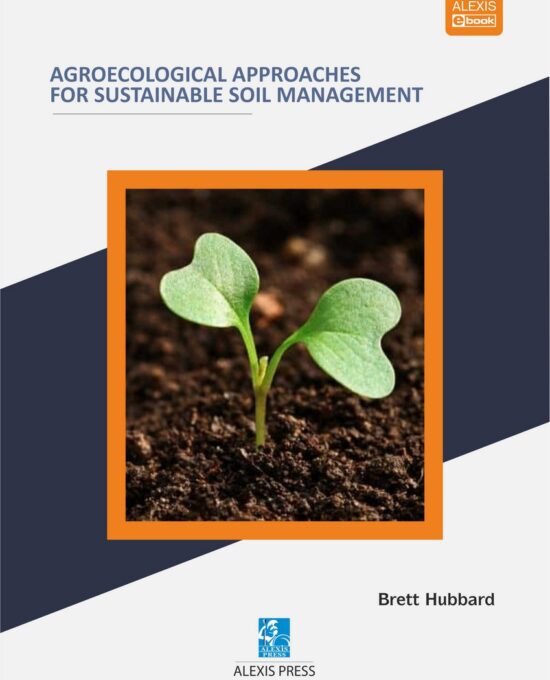
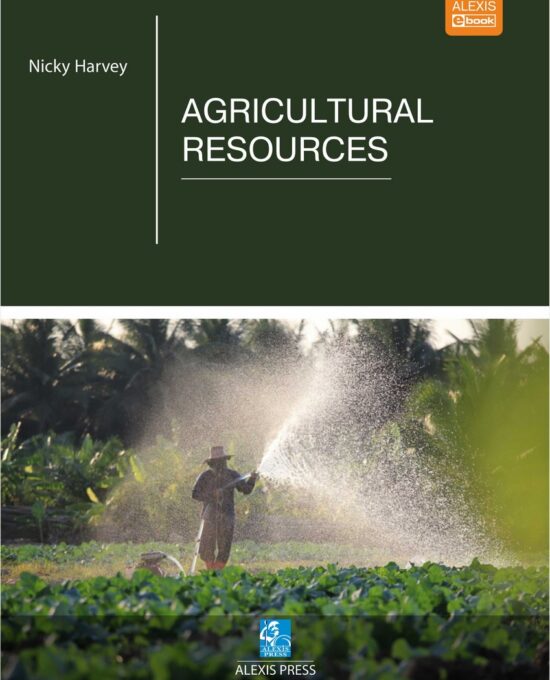


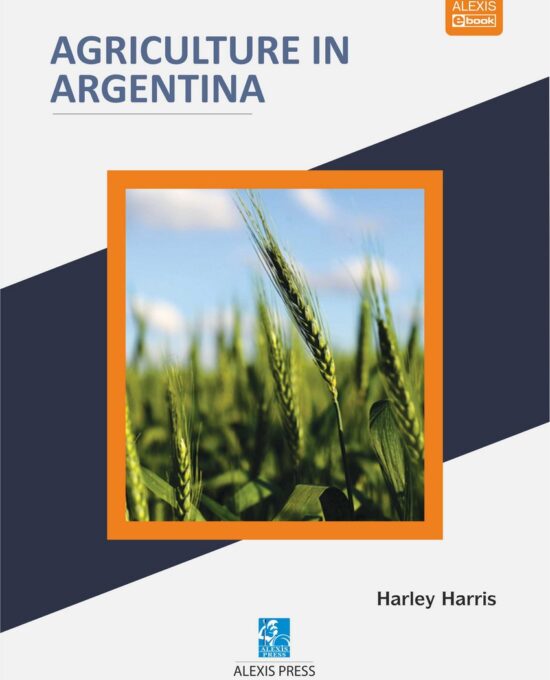

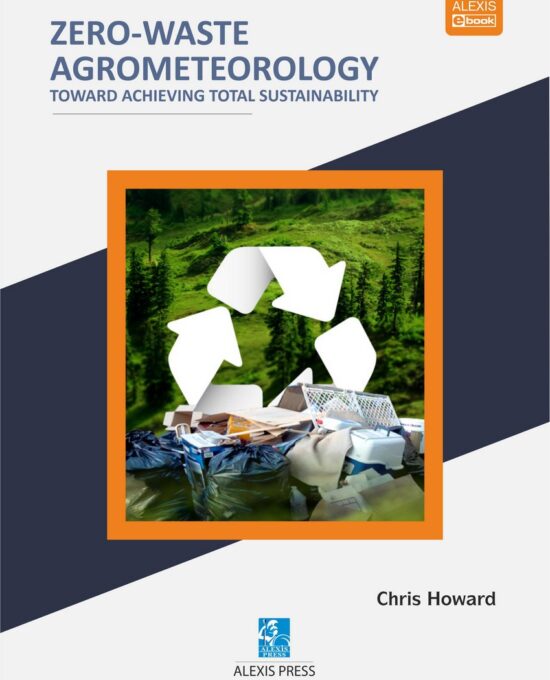
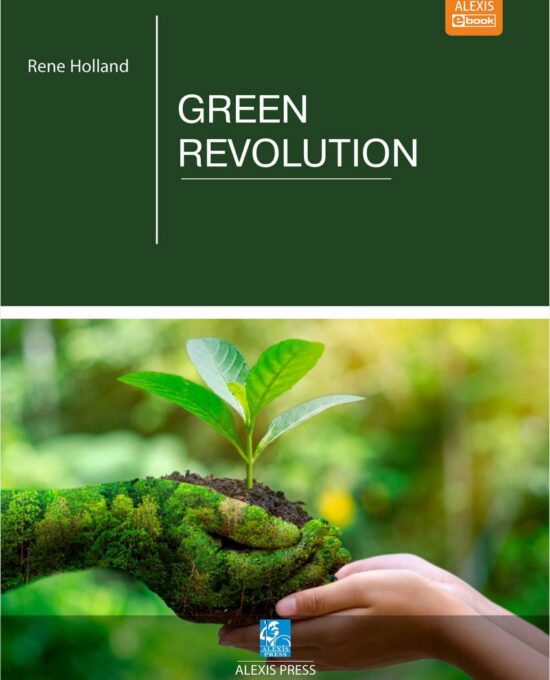
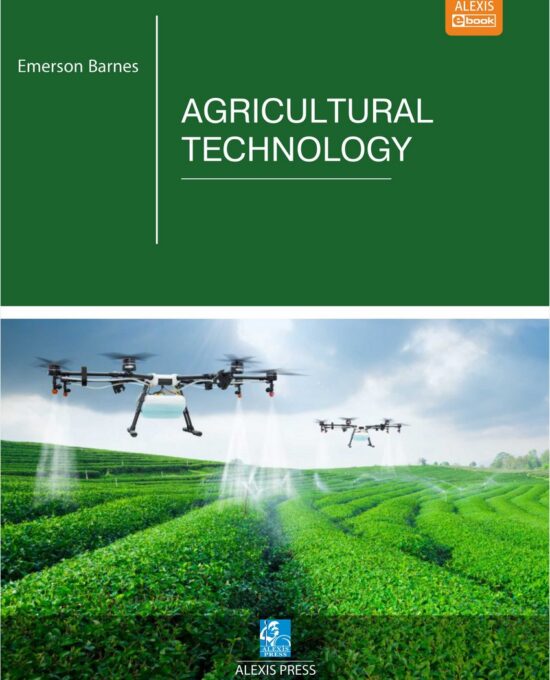
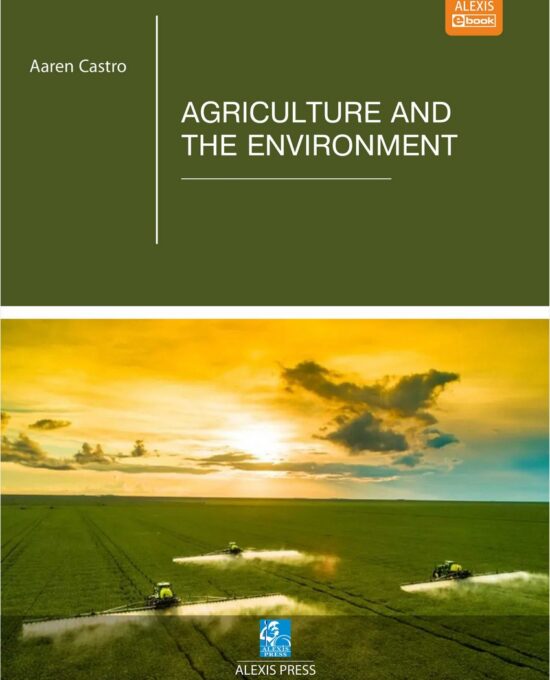
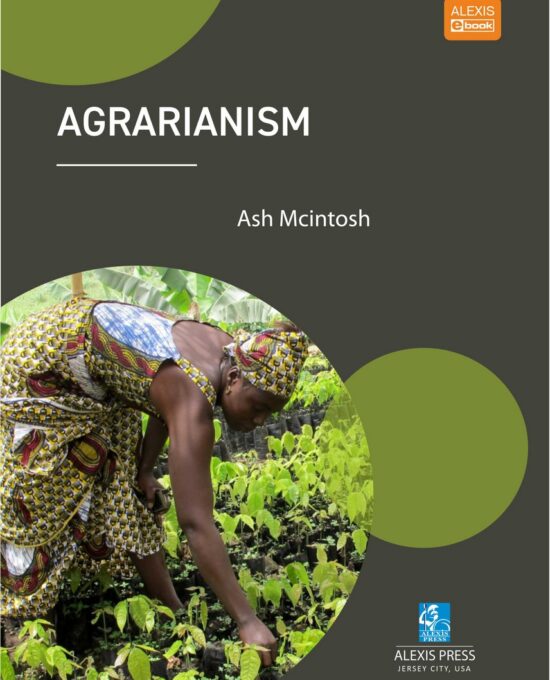
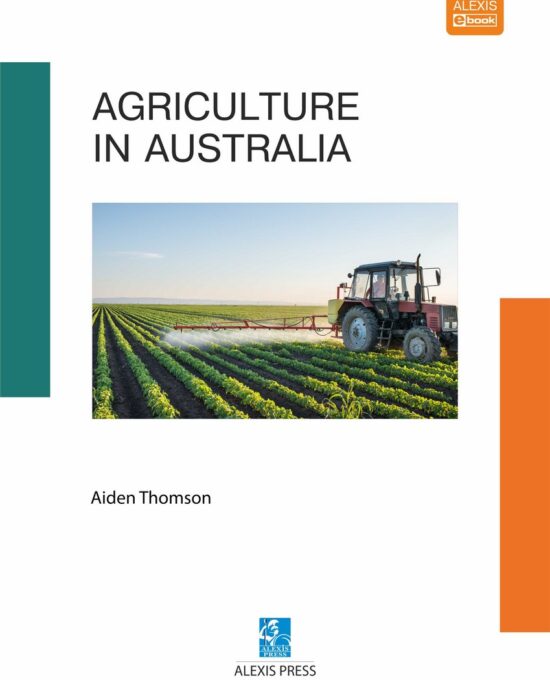
Reviews
There are no reviews yet.